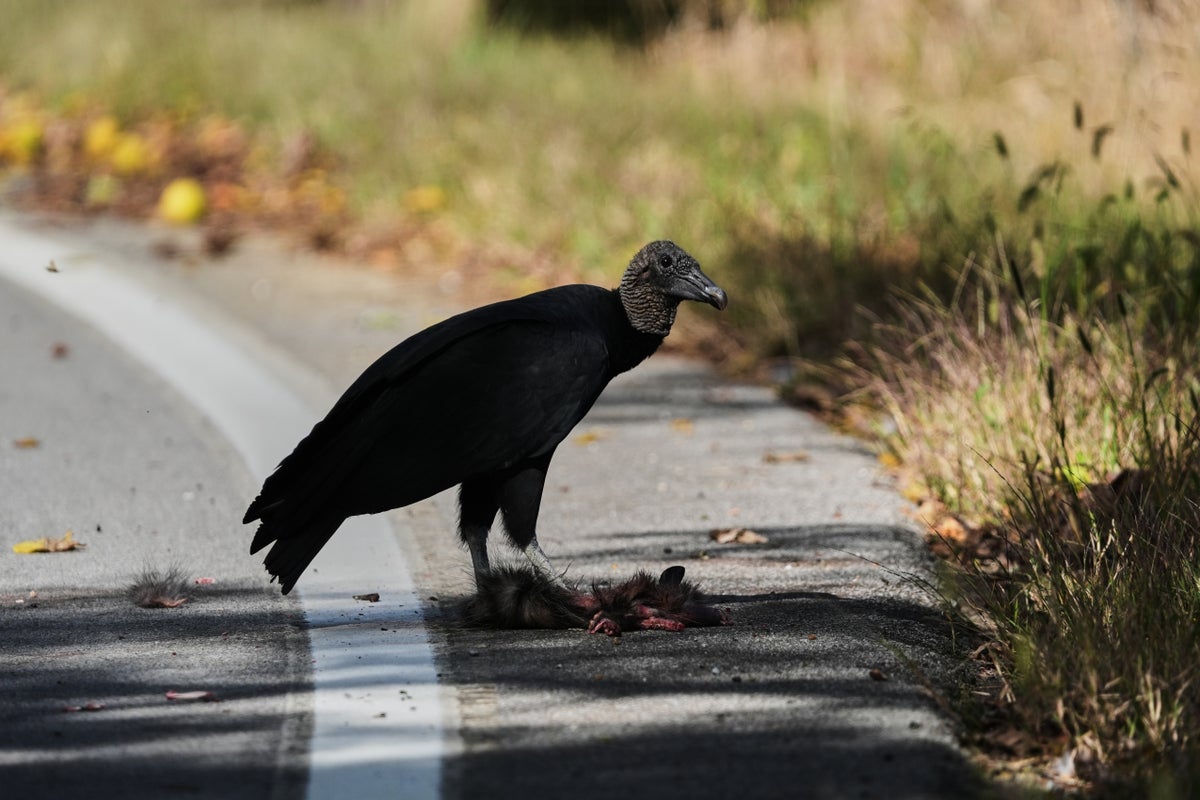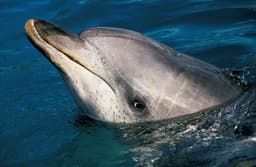Home / Environment / Cattle Farmers Fend Off Northward Spread of Aggressive Black Vultures
Cattle Farmers Fend Off Northward Spread of Aggressive Black Vultures
31 Oct
Summary
- Black vultures attacking and killing newborn calves on Kentucky farms
- Farmers erect scarecrows of dead vultures to scare off the birds
- Vulture range expanding northward due to climate change and more roadkill

As of October 31st, 2025, cattle farmers in Kentucky are facing a growing threat from an unexpected source: black vultures. These scavenging birds, once confined to the southeastern U.S. and Latin America, have been rapidly expanding their range northward, in part due to the effects of climate change.
On his Kentucky farm, Allan Bryant has witnessed the black vultures' impact firsthand. He has seen the birds circling his newborn calves, sometimes attacking and killing the vulnerable animals. "Honestly, the black vulture is one of the ugliest things I've ever seen," Bryant laments. To deter the birds, he has erected a scarecrow of sorts—a dead black vulture—which keeps the live vultures away for about a week before they eventually return.
The problem is not limited to Bryant's farm. Across the region, cattle farmers have been grappling with the black vulture invasion. Tom Karr, who raises cattle near Pomeroy, Ohio, tried to shift his calving season to avoid the birds, but to no avail—the vultures remain a year-round threat. Joanie Grimes, the owner of a 350-head calf-cow operation in Hillsboro, Ohio, has also been dealing with the birds for the past 15 years, though keeping her livestock closer to the barns has helped mitigate the issue.
Experts attribute the black vultures' northward expansion to warmer winters fueled by climate change, as well as the abundance of roadkill and vulnerable livestock in suburban and rural areas. Andrew Farnsworth, a visiting scientist at Cornell Lab of Ornithology, explains that the birds are "very good at taking advantage of food resources and remembering where those things are."
While black vultures are protected by the Migratory Bird Treaty Act, farmers and industry groups have been pushing for legislation that would allow them to kill more of the birds. However, Farnsworth cautions that simply removing the vultures could have unintended consequences, as they play an important role in cleaning up "dead stuff." More research is needed to fully understand the impact of the black vulture invasion on livestock and ecosystems.



